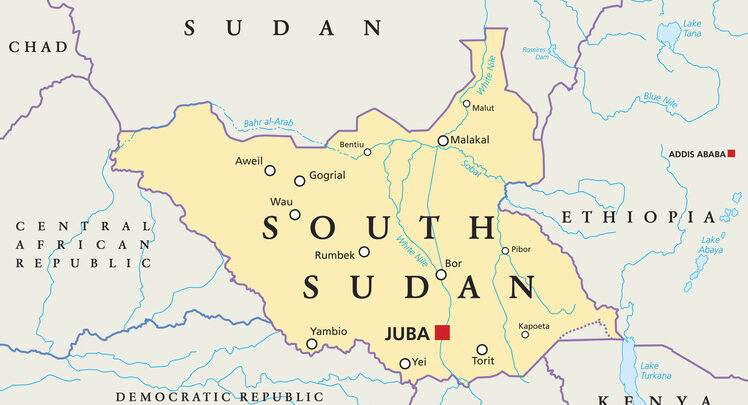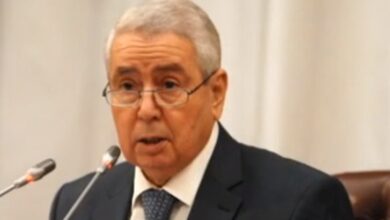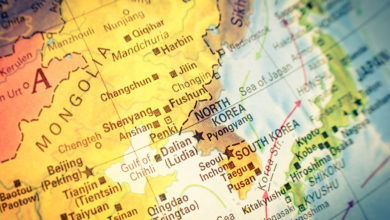World
Ethiopia Government Approves South Sudan Unity Govt Deal Extension

The Ethiopian government has reportedly approved a six-month extension of the deadline for the formation of a unity government by South Sudan’s rival leaders, reported Africa News.
After getting independence from Sudan in 2011, South Sudan had to face civil war just two years later. The five-year civil war killed nearly 400,000 people. The ruling and opposition parties failed to reach a mutual agreement to form the government, so, a peace deal was signed between the two sides in September last year, represented by President Salva Kiir and his former deputy turned rival, Riek Machar.
A May 12 deadline was set for opposition leader Riek Machar to return to the country and once again become President Salva Kiir’s deputy. But, the ruling and opposition parties of South Sudan agreed to extend the deadline to form a unity government during a meeting held in neighboring Ethiopia’s capital Addis Ababa last week.
The Intergovernmental Authority on Development (IGAD), the committee overseeing the peace deal’s implementation said key elements have yet to be put in place. It added that the implementation of the Pre-Transitional tasks has been postponed due to lack of political will, financing and time constraints.
Michael Makuei Lueth, information and broadcasting minister, said President Salva Kiir’s administration had initially objected to delaying in forming the unity government beyond the May 12 deadline, but it compromised for the sake of peace.
“We did not want to go back to war and we don’t want to declare the agreement has collapsed, but we want to come out with a government that is acceptable to all of us,” Makuei said. “That is why we accepted the extension.”
Last week, President Salva Kiir also lifted a state of emergency imposed in five northern states-Tonj, Wau, Aweil East, Gogrial and Western Lakes- in 2017, in a bid to help foster peace.





